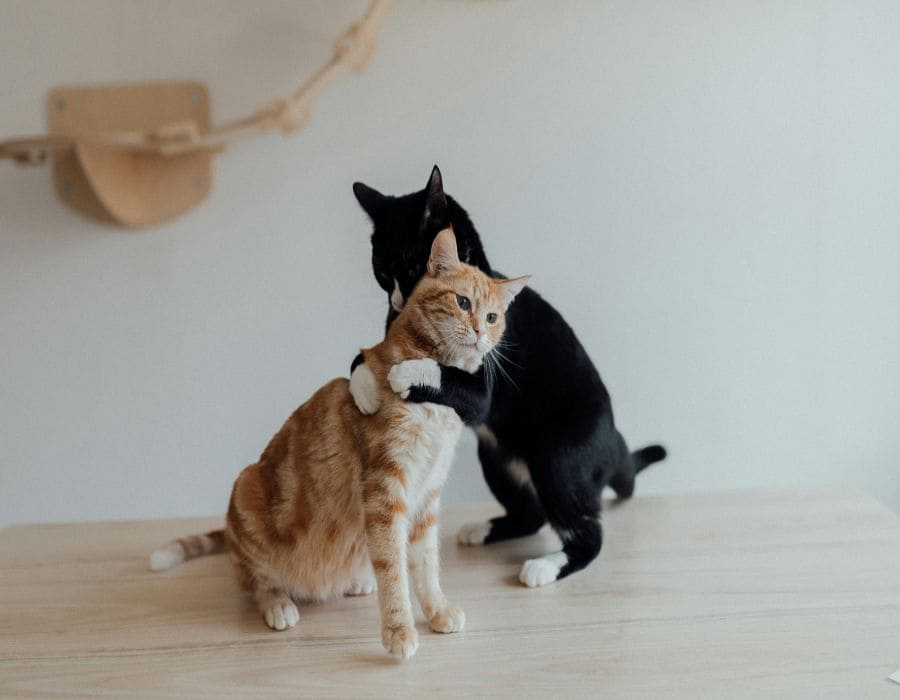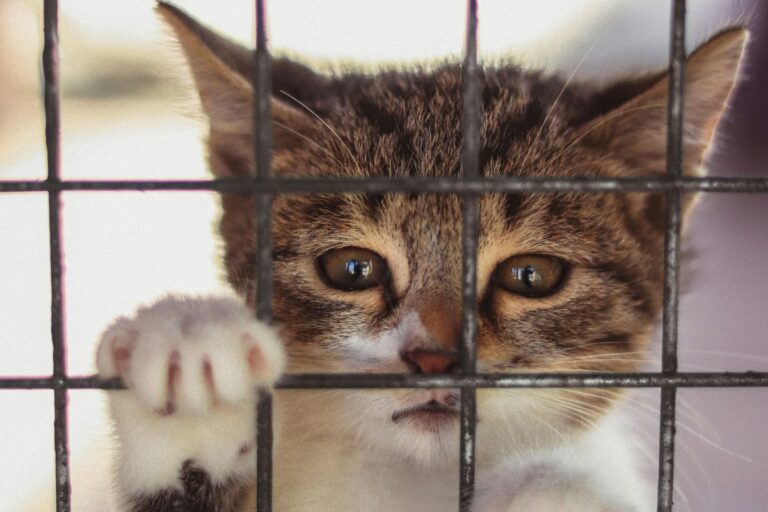Managing Multiple Cats? Avoid These 9 Rookie Mistakes
Bringing multiple cats into your home can be a rewarding experience, but it comes with its challenges. Cats are independent creatures, and managing more than one requires patience, planning, and a solid understanding of feline behavior.
If you’re considering adding another furry friend to your family, or if you’re already juggling multiple cats, avoid these common rookie mistakes that can create unnecessary stress and chaos in your household. Here’s how to make sure everyone gets along smoothly.
Failing to Provide Enough Litter Boxes
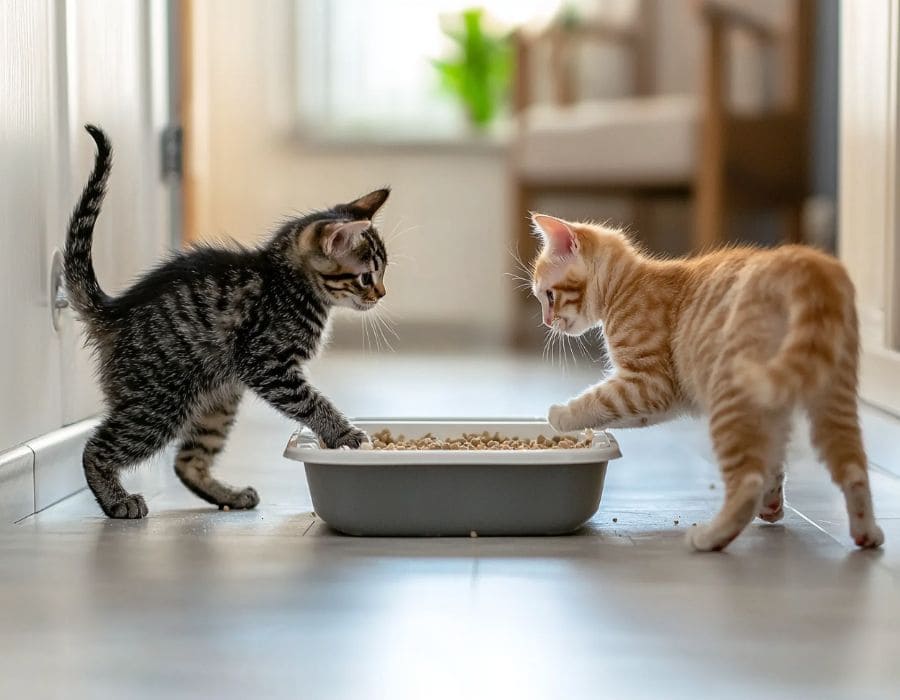
When managing multiple cats, one litter box is never enough. Cats are territorial animals, and having separate litter boxes ensures each cat has a space to relieve itself without feeling crowded. Aim for one box per cat, plus one extra, to reduce conflict and encourage proper bathroom habits.
Not Giving Each Cat Their Own Space
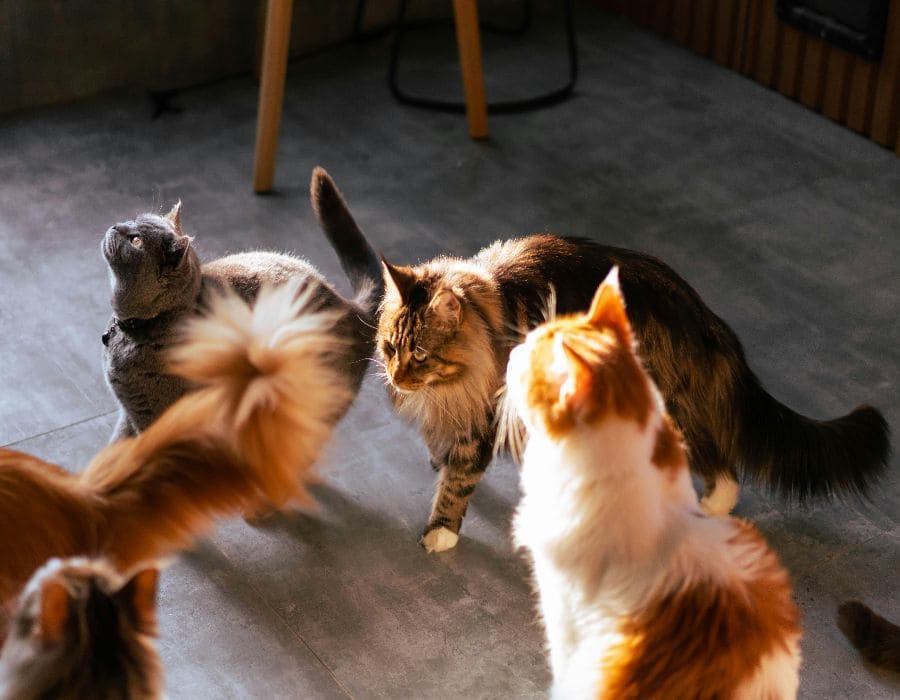
Without a personal safe space, your cats may feel stressed or threatened. Providing separate beds, hiding spots, and high perches allows each cat to have their own territory, promoting peace and reducing the risk of aggression or territorial disputes.
Ignoring Their Unique Personalities

Not all cats are social butterflies. Some may prefer to keep to themselves while others are more outgoing. Pay attention to your cats’ unique personalities and adjust your approach accordingly, ensuring each one feels comfortable and respected in their environment.
Overlooking Regular Playtime
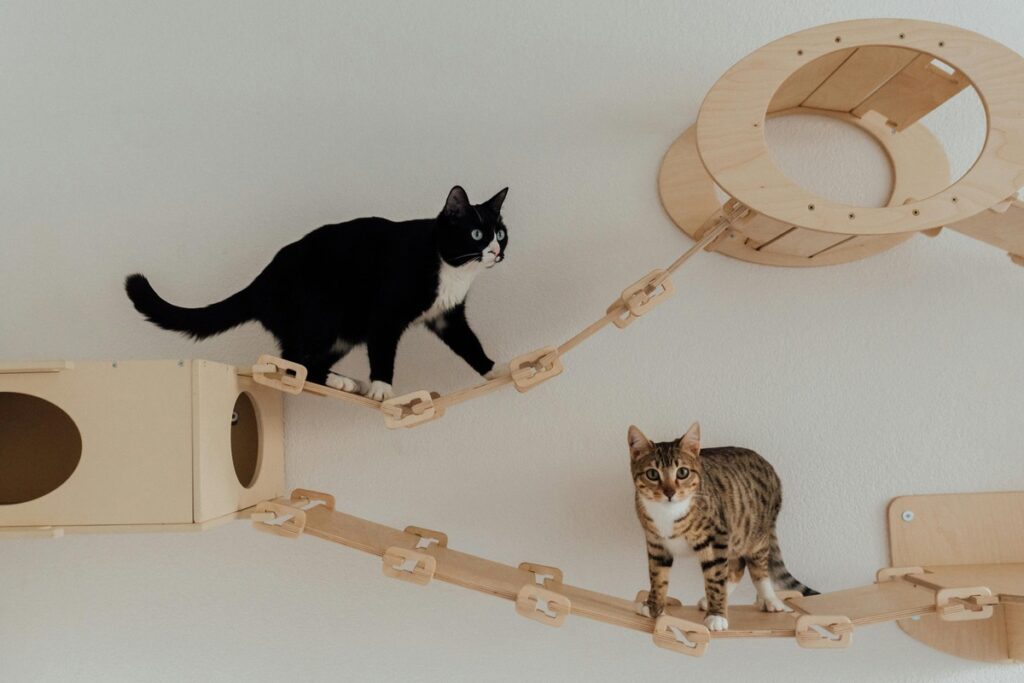
Cats need mental and physical stimulation, especially in a multi-cat household. Ignoring playtime can lead to boredom, which may result in unwanted behaviors. Make sure to dedicate time each day to interactive play to keep your cats engaged and active.
Neglecting Proper Introduction Techniques
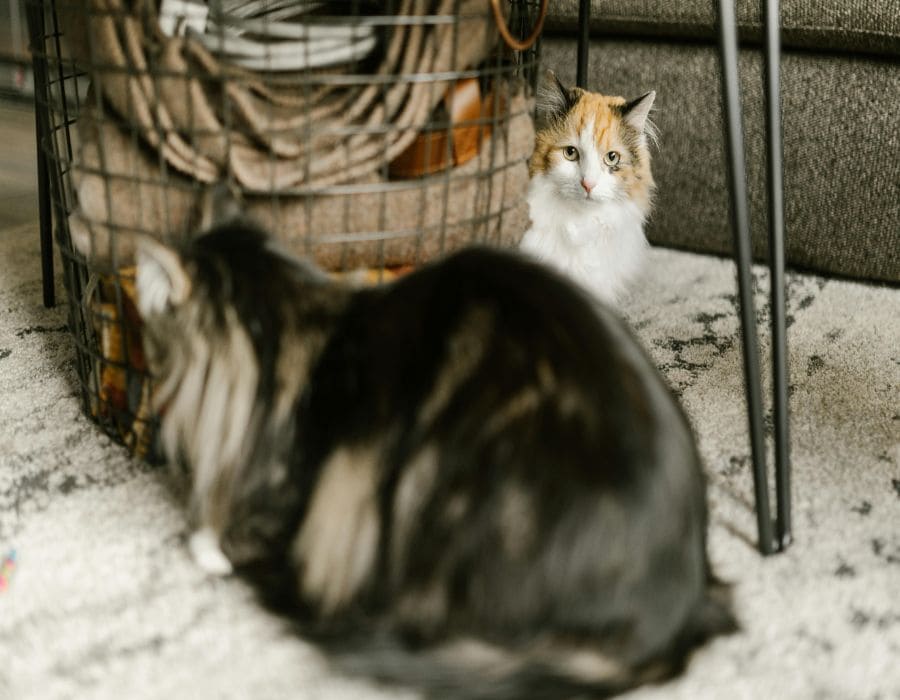
Introducing new cats into your home can be a delicate process. Rushing the introduction or allowing direct contact too soon can cause stress and aggression. Take your time with introductions, using scent swapping and gradual meetings to ensure a smooth transition.
Underestimating Their Need for Routine
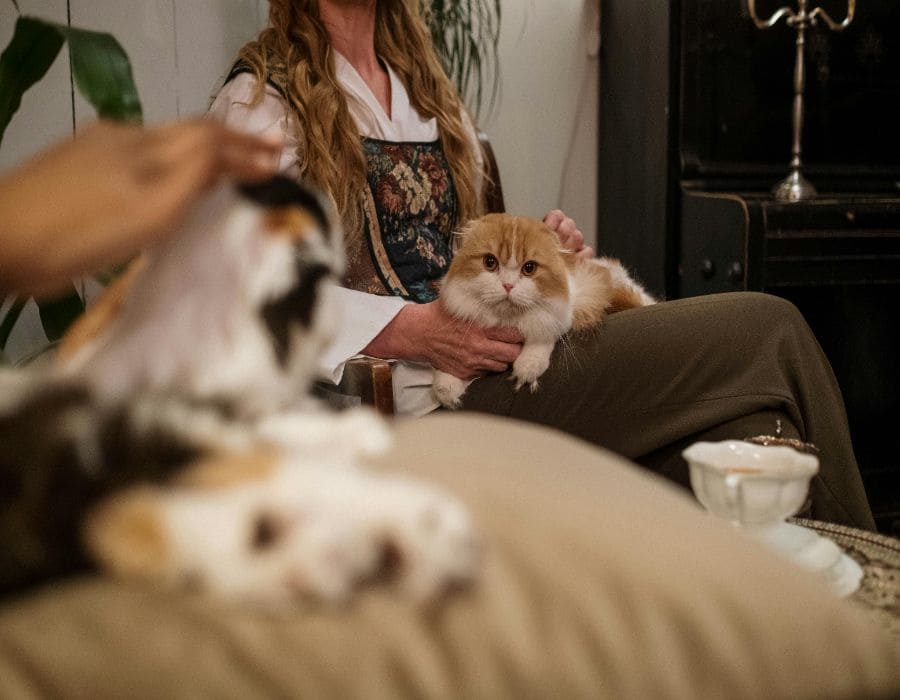
Cats are creatures of habit, and a lack of routine can cause stress. Feeding, playtime, and grooming should follow a consistent schedule to help your cats feel secure and comfortable. Stability in their daily routine reduces anxiety and fosters a peaceful environment.
Not Monitoring Their Health Closely
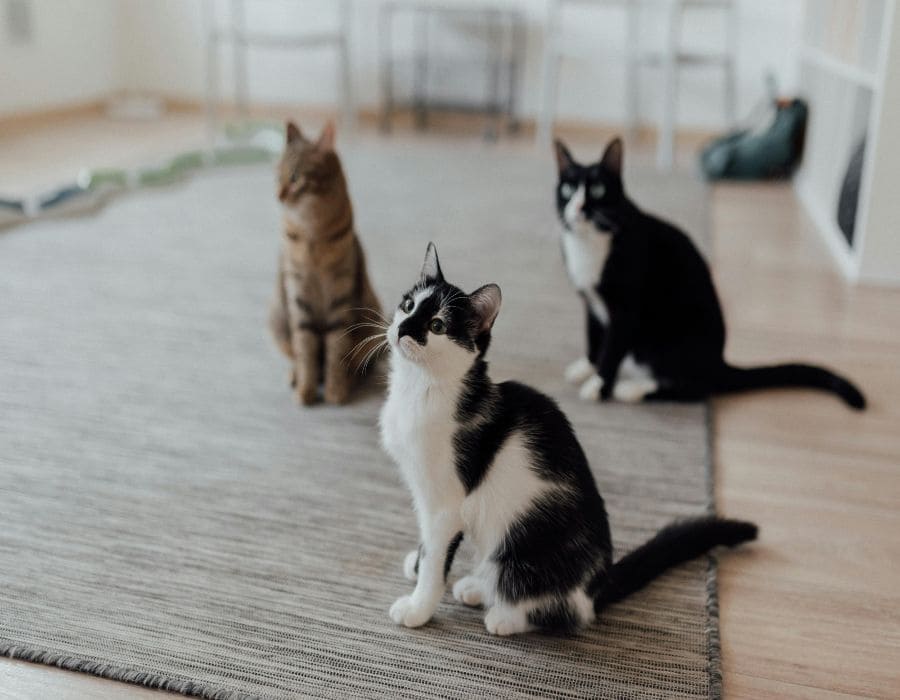
When you have multiple cats, it can be harder to spot health issues, as one cat’s symptoms might be missed amidst the others. Keep an eye on each cat’s eating habits, litter box use, and energy levels, and schedule regular vet check-ups for all.
Failing to Manage Cat Fights
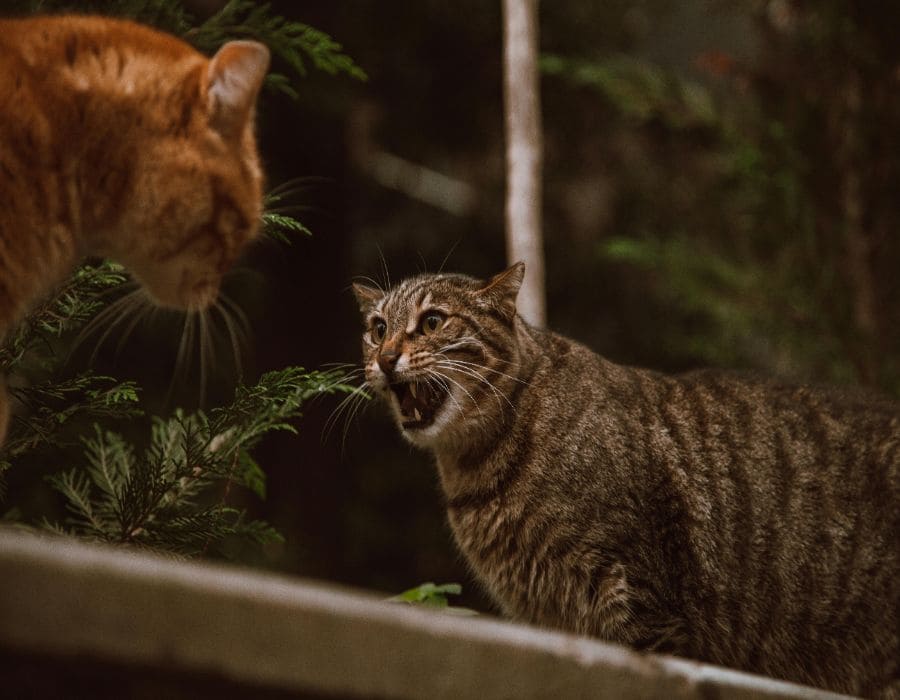
Even in the most harmonious homes, disagreements will happen. Ignoring cat fights or letting them escalate can create long-term behavioral issues. If your cats fight, separate them and give them time to cool off before slowly reintroducing them to prevent future conflicts.
Not Giving Enough Attention to Each Cat
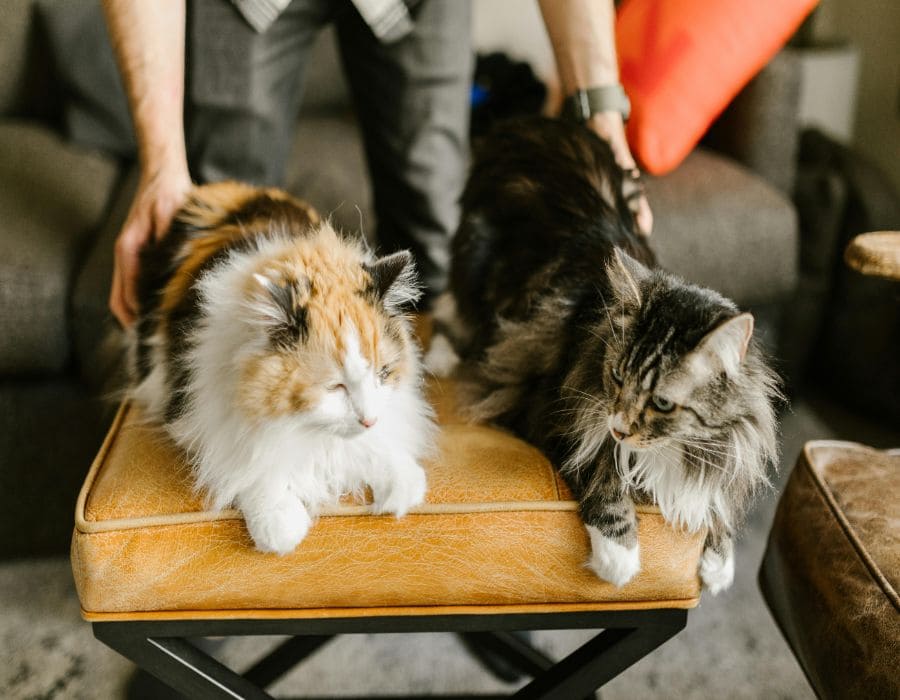
With multiple cats, it’s easy to focus on one or two, neglecting the others. All cats require attention, affection, and companionship. Make sure to spend individual time with each of your cats to strengthen your bond and ensure everyone feels loved.
Creating Harmony in Your Feline Household
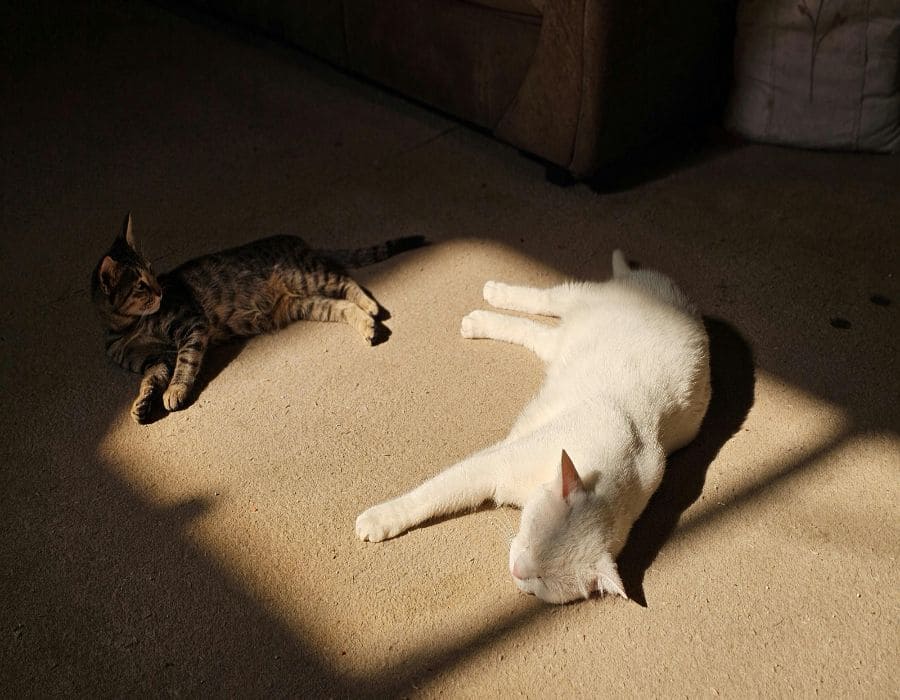
Managing multiple cats is a rewarding challenge, but it’s important to avoid common pitfalls that can disrupt the balance. By understanding their needs, respecting their personalities, and maintaining a peaceful environment, you’ll foster a loving, harmonious home for all your cats.

